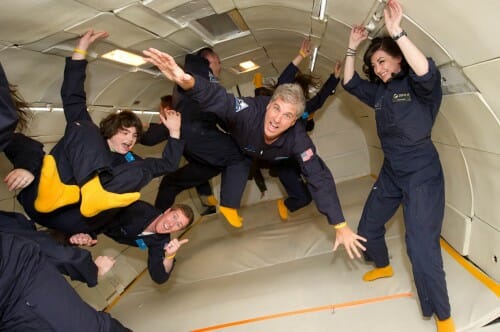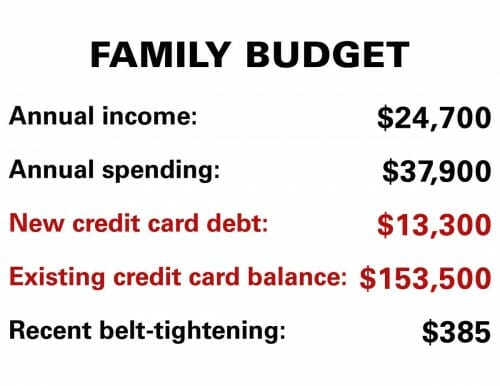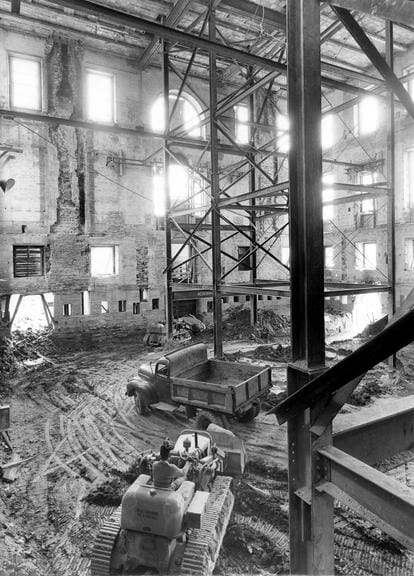Money Does Not Corrupt Politics, State Power Corrupts Politics
Kevin Drum asks whether money corrupts politics, and comes to the conclusion that it does. I disagree.
Money does not corrupt politics, the expansion of state power corrupts politics. Every time the state gains a new power to take money from person A and give it to person B, or to throttle company A's business in favor of company B, private individuals start to scheme how they might access that power to their own benefit.
Think back to the much smaller US government of the 19th century. Don't you long for the day when political corruption mainly meant packing the Post Office with one's kin? It is absolutely no coincidence that the largest political scandal of that century (the Crédit Mobilier) accompanied the largest expansion of Federal power in that century (the Federally-funded construction of the Transcontinental Railroad).
Political corruption follows the power. Sure, this power is often bought in dollars, but if we were to entirely ban money from the political process, the corruptions would remain. And it would shift payment from money to other goods, like quid pro quo's, barter, and access to grass roots labor supplies. Anyone remember machine politics?
Here is an example from an Administration schooled from an early age in Chicago machine politics
The Heritage Foundation has issued a new report that charges the Obama administration sent presidential earmarks, taxpayer dollars, to Democratic lawmakers to help convince them to vote for controversial proposals such as cap and trade and the health care bill.
“When you examine the recipients of those grants, there were at least 32 vulnerable house Democrats who received significant federal grant money during the run-up or directly after the votes on those pieces of legislation,” says Lachlan Markay, one of the authors of the report.
The amount of earmarks spiked around the time of difficult votes such as cap and trade, then dropped, only to spike again around controversial financial regulations known as Dodd/Frank, and spiked the most just before the vote on the health care bill....
On their websites, lawmakers didn’t advertise their votes, but did tout at length the money they’d gotten for various local projects.
“As a way to counteract the negative voter sentiment that would come from voting for unpopular legislation,” says Markay. “These were attempts to make sure that constituents knew they were bringing money home to their district.”...
Numbers from the non-partisan Congressional Research Service show that the value of administration earmarks under President Obama increased by a 126 percent in his first two years in office and the actual number of administrative earmarks increased by 54 percent.
Those are dramatic increases that are 11 times more than Congress itself increased earmarks, which the White House did not explain today.
By the way, of all the ways that access to political power can be bought, political spending under our current rules is by far the most transparent. Just as in narcotics or prostitution, a ban wouldn't eliminate it, it would simply drive it further underground and into other forms of currency.



